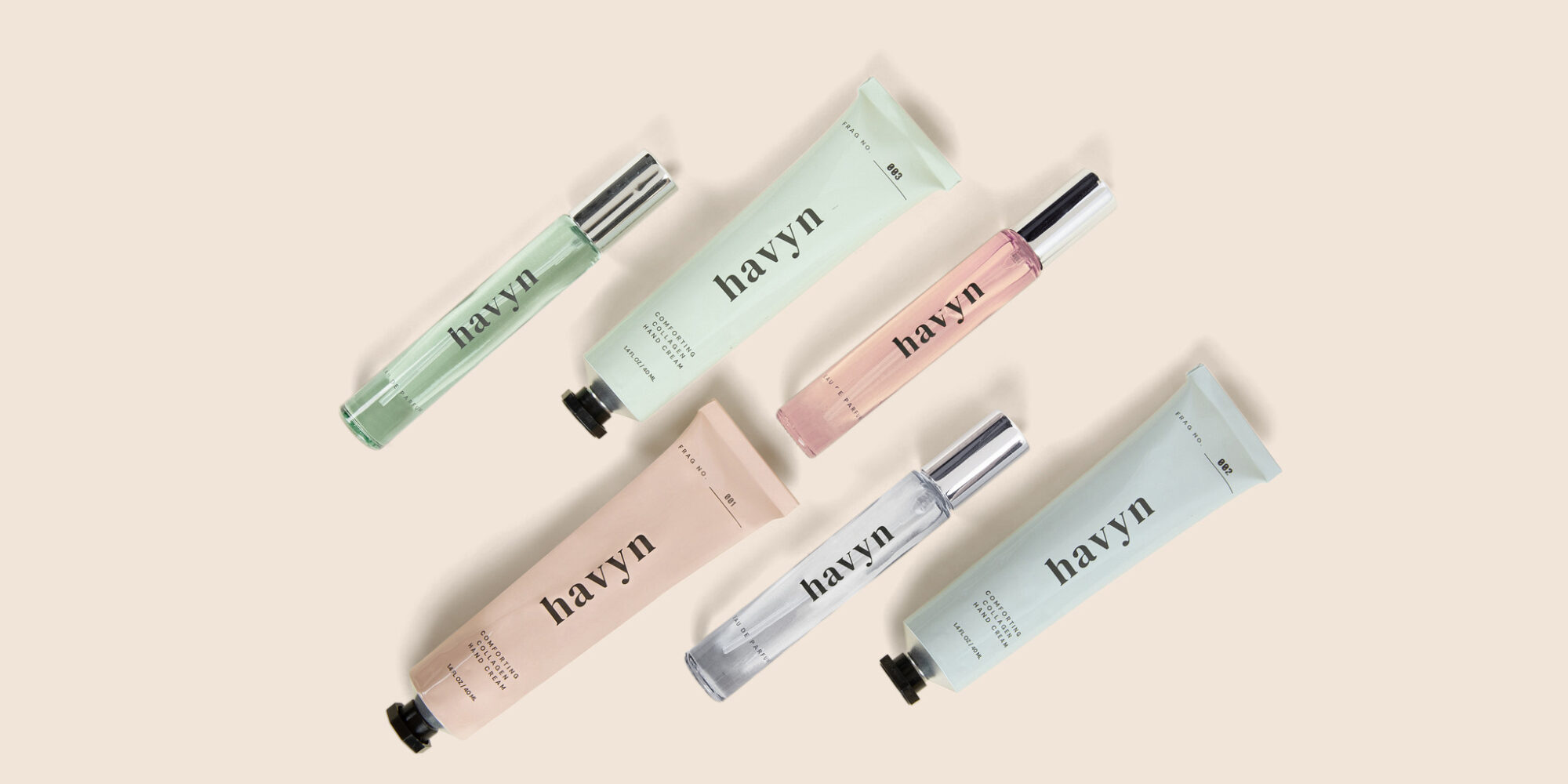
Ex-Coola CMO Launches Havyn Fragrances For People Who Haven’t Been Able To Wear Fragrance
After Christina Peng’s first of three children was born a decade ago, her son experienced serious consequences from severe eczema—multiple hospital visits, anaphylaxis and extreme discomfort from inflamed skin—and clean skincare products only further inflamed the condition.
“I had worked in the beauty industry for years, but it wasn’t until I became a mom and my children had eczema that really opened my eyes to the gap between clean and sensitive skin,” says the former CMO of Coola, director of marketing at Sun Bum and global sun care lead at Neutrogena.
Examining exacerbators of their son’s eczema, Christina and her doctor husband Daniel discovered fragrance ingredients in products described as clean were a flare-up trigger. To protect trade secrets, fragrance ingredients don’t have to be disclosed in the United States, but the law requires brands to use ingredients safe for consumers when they’re applied as directed, and a global body, the International Fragrance Association, sets standards for fragrances in consumer products.
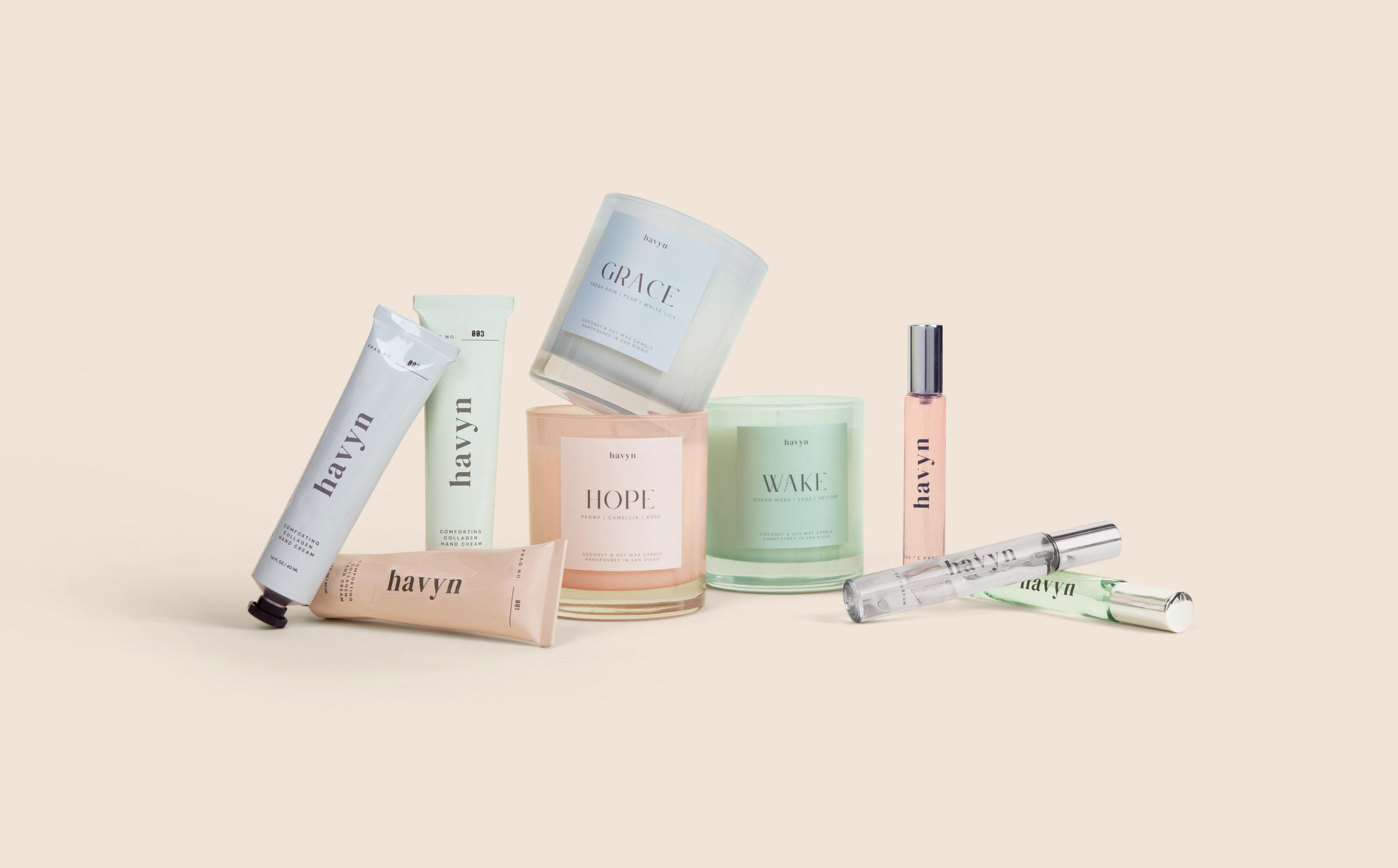
Even if a fragrance ingredient is deemed safe, that doesn’t mean it isn’t allergenic. Christina and Daniel, who previously founded candle brand Toastie in collaboration with entertainment company Doodles, scoured European regulations to find out the EU has identified 80 compounds such as limonene and linalool as fragrance allergens. They were frustrated by the ubiquity of many of the fragrance allergens in everyday beauty products—and discovered others felt the same.
In April last year, they soft-launched the brand Havyn with $38 coconut and soy wax candles manufactured in small batches that stay away from those compounds to introduce fragrance products back into the lives of people with sensitive skin and fragrance allergies. This month, it’s extending its allergen-avoiding range to $28 perfume and $22 hand cream.
“It’s very, very challenging to formulate something with these standards because we’re treating each individual fragrance formula as a formula,” says Christina. “We’ve talked to many fragrance houses and some of them don’t want to work with us because they don’t see opportunities there, but, also, for a lot of perfumers, fragrance is an art, and we are limiting the palette they have to work with from tens of thousands of ingredients, making it super challenging to do.”
“True innovation must be grounded in a real human insight.”
She adds, “I’ve launched hundreds of products over the course of my career, and I’ve learned that products rooted in chasing trends or trying to force-fit technologies into something relevant rarely create lasting impact. True innovation must be grounded in a real human insight, and that starts with listening and a deep understanding of unmet consumer needs. What we’re trying to do at Havyn not only addresses a functional need gap, but also the emotional needs of sensitive skin consumers that’s been largely ignored by the market.”
The combined market of consumers with sensitive skin and sufferers of fragrance allergies isn’t small. According to the American Academy of Dermatology (AAD), about 2.5 million Americans or about 1% of the U.S. population have fragrance allergies, but the National Eczema Association reports about 20% of the population is sensitized to at least one allergen, and fragrance is among the frequently cited allergens. Sensitive skin can be subjective, but some 70% of people identify as having it.
The prevalence of allergies has jumped in recent years. According to the Centers for Disease Control and Prevention National Center for Health Statistics, about 25% of adults and 18.9% of children have allergies, and 7.3% and 10.8%, respectively, have eczema. Beauty brands have been increasingly responding to the increase in allergies. Allergist-founded Evme, for example, is a skincare brand that goes beyond the unregulated “hypoallergenic” tag to prohibit known allergens and irritants from its formulas.
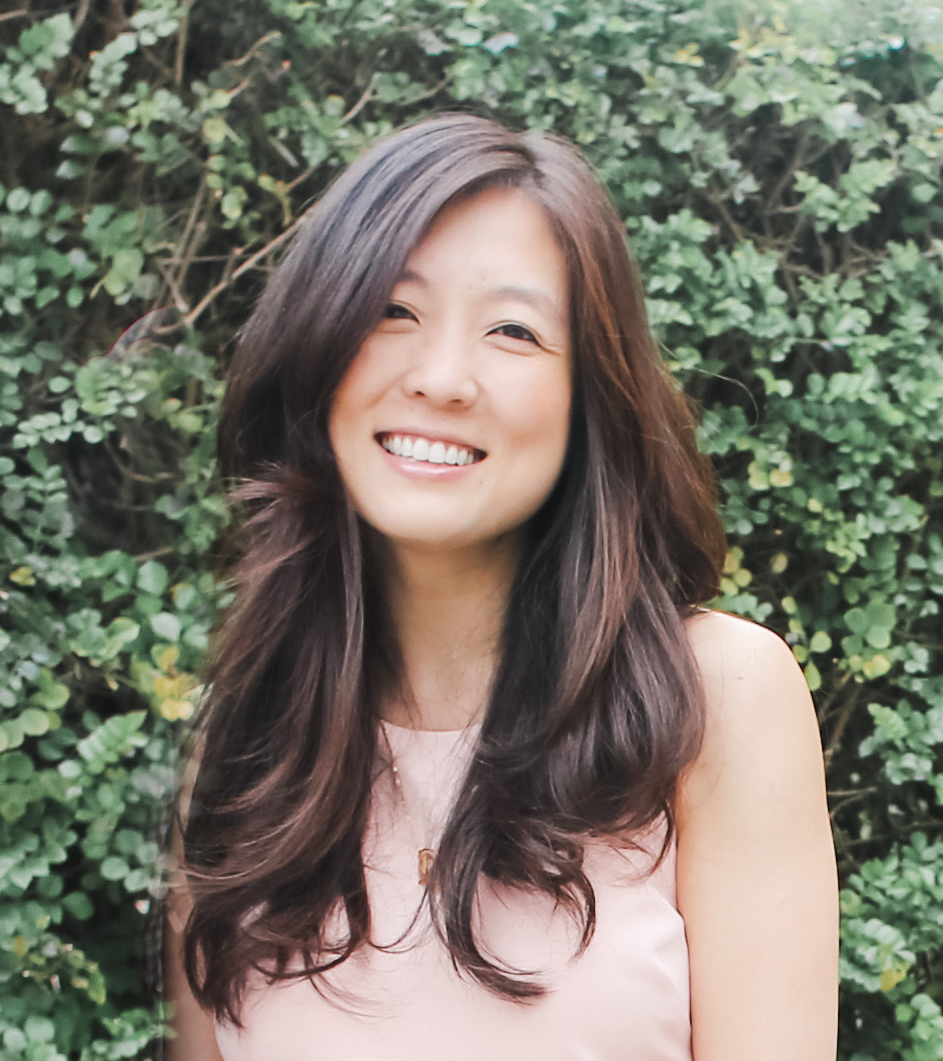
Against that backdrop, Havyn kicked off a crowdfunding pre-sales campaign for what it describes as its “clean, allergy-free” fragrance on June 16 to raise money for production. As of Sunday, it had raised over $10,440 toward its $20,000 goal. The brand has developed perfumes in Hope, Grace and Wake scents. Its candles come in those scents, too, as well as four additional scents: Joy, Faith, Love and Refuge.
Hope is designed to evoke peace with notes of peony, camellia, rose, pomelo and mandarin. Grace is designed to inspire rebalance, renewal and refreshment with notes of fresh rain, morning dew, pear, green apple and white lily. Wake is designed to energize with notes of ocean moss, sage, sea salt, lavender, bergamot, vetiver and musk. The perfume formulas have organic sugarcane-derived alcohol.
Havyn’s cushion-textured Comfort Collagen Hand Cream contains marine-derived vegan collagen for skin elasticity, ectoin to protect the skin barrier and reduce skin roughness, and snow mushroom extract for hydration. Poured in San Diego, where the Pengs are based, the candles are crafted for 40 hours of burn time. Havyn currently sells in direct-to-consumer distribution and at the hotel Montage Laguna Beach, with plans to expand at boutiques, spas and resorts.
“It’s a trusted space for those who really worry about ingredients or reactions.”
Although Havyn commissioned a clinical study of 60 people with sensitive skin that netted zero adverse reaction, Christina knows a high hurdle for the brand is to gain the trust of consumers with sensitive skin. The Pengs believe in word-of-mouth marketing to lift Havyn’s brand awareness. They’re turning to social media and the brand’s blog to dive into its story, show what’s inside its products and dive into product testing.
Havyn is working with dermatologists, and the brand will tap people with eczema as ambassadors. “Our products are tested with real consumers who have eczema and sensitive skin that have historically shied away from fragrance, who will speak to their experience with our products,” says Christina. “As parents of children with eczema, we are really plugged into the allergy and eczema network.”
Havyn dedicates a portion of its proceeds to nonprofits, beginning with GenerateHope, an organization supporting survivors of sex trafficking. It’s also partnering with Girls Rising Above Child Exploitation, a San Diego nonprofit providing services to exploited and trafficked youth.
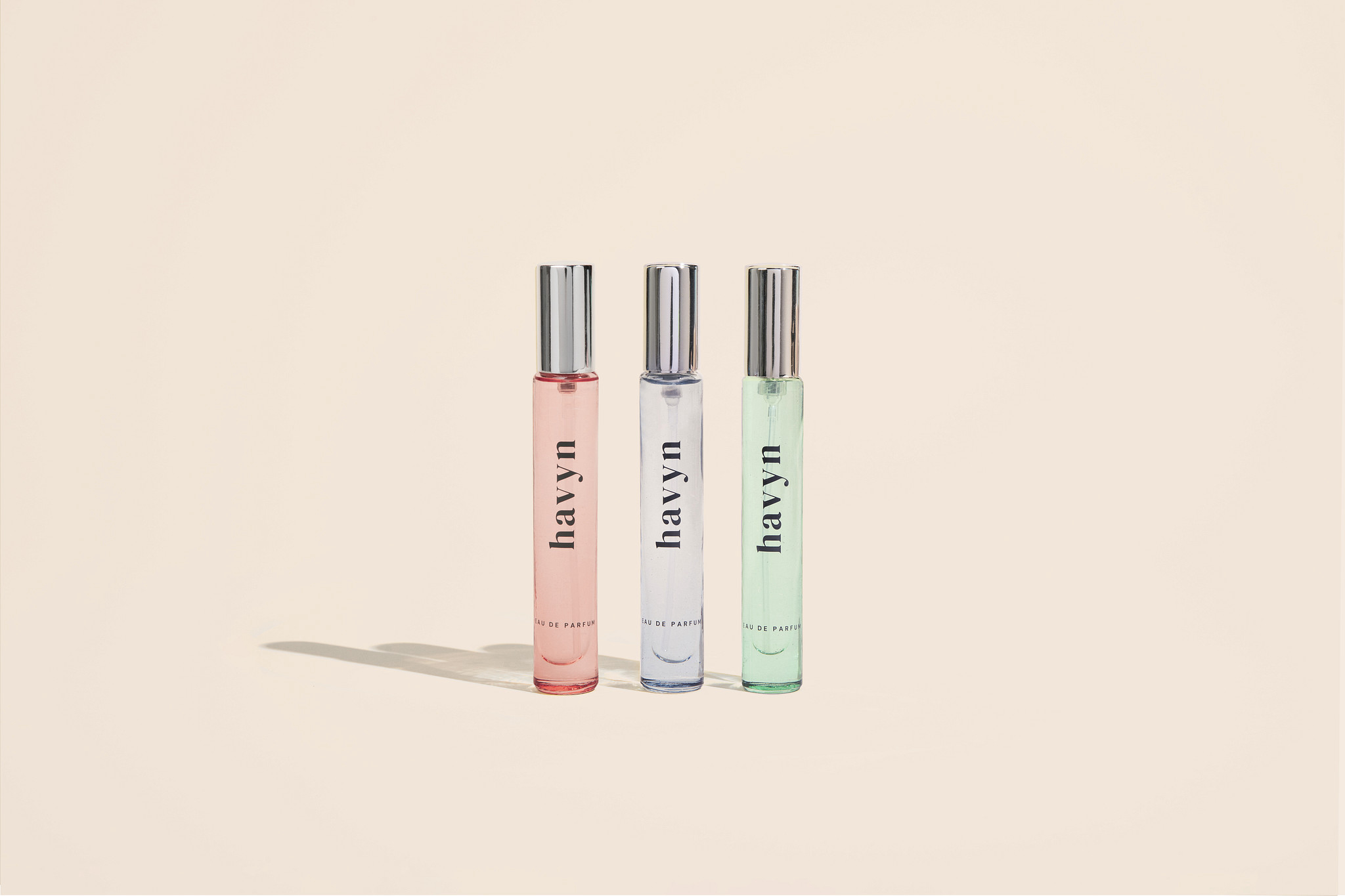
Christina emphasizes Havyn aims to live up to the meaning of its name in everything it does. “It’s a trusted space for those who really worry about ingredients or reactions,” she says. “They don’t need to worry about that with our brand, but, then, it’s also a safe space for women to rebuild and grow.”
Christina calls the past year of establishing Havyn from the ground up the biggest challenge of her career in the beauty industry. “You have to be able to weather the nos, the setbacks, the unexpected roadblocks, and still keep moving forward. You have to be willing to question the status quo, hold a deep-seated belief in what you’re building and have the persistence to keep going, even when you can’t see past the steps immediately in front of you,” she says. “But more than anything, I believe you have to have authenticity and integrity. People are craving purpose and something real.”
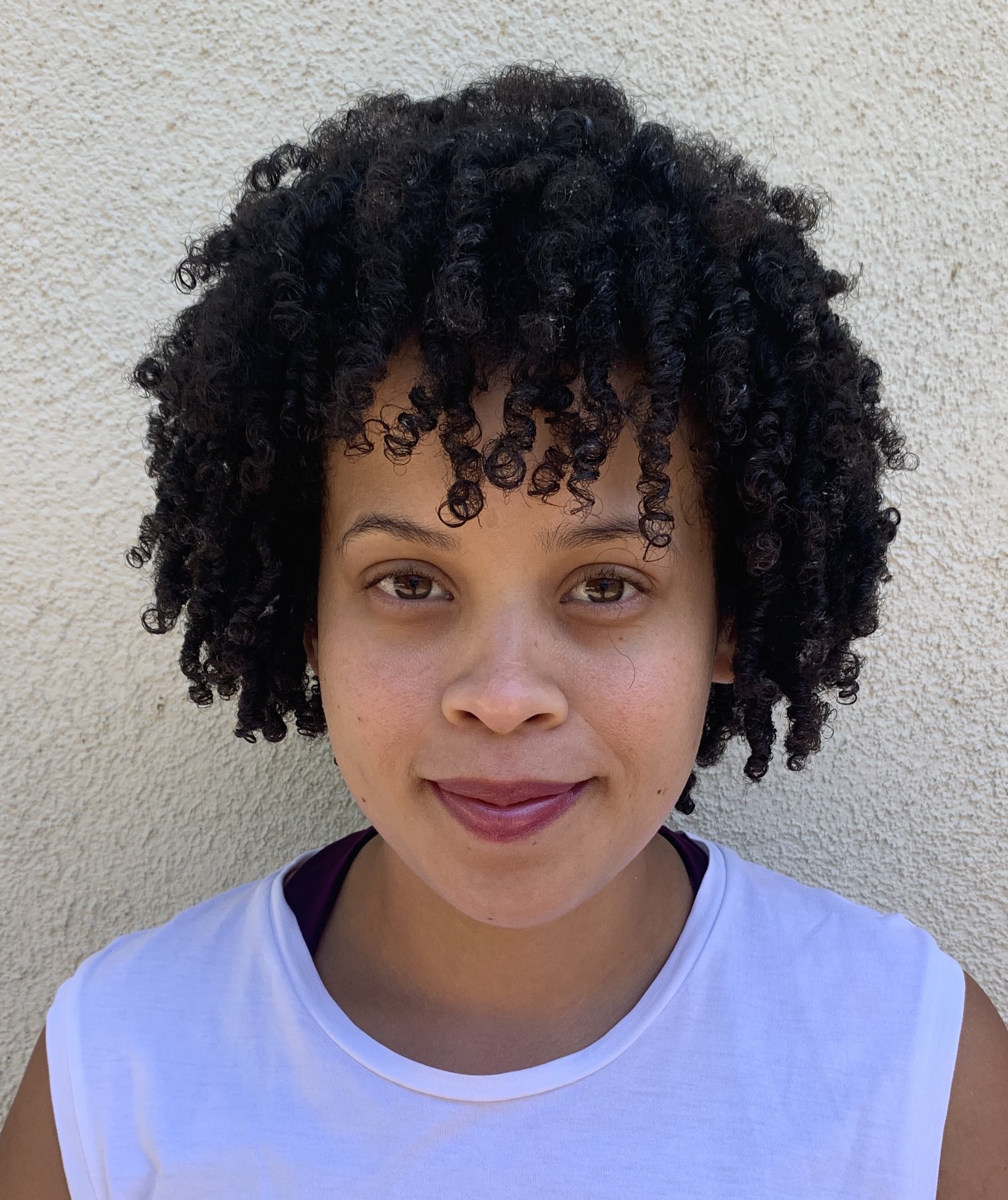
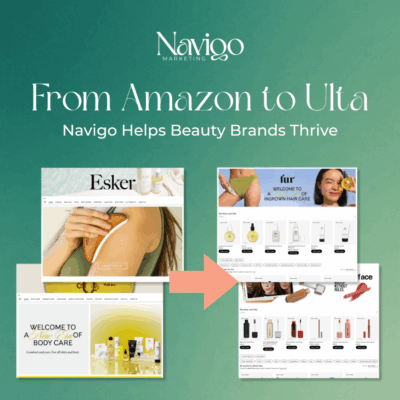
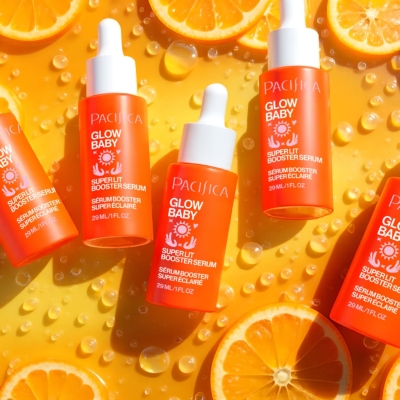
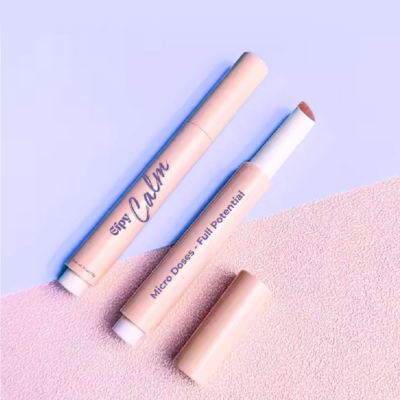
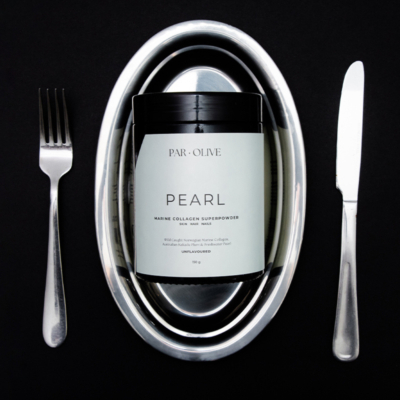
Leave a Reply
You must be logged in to post a comment.